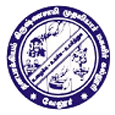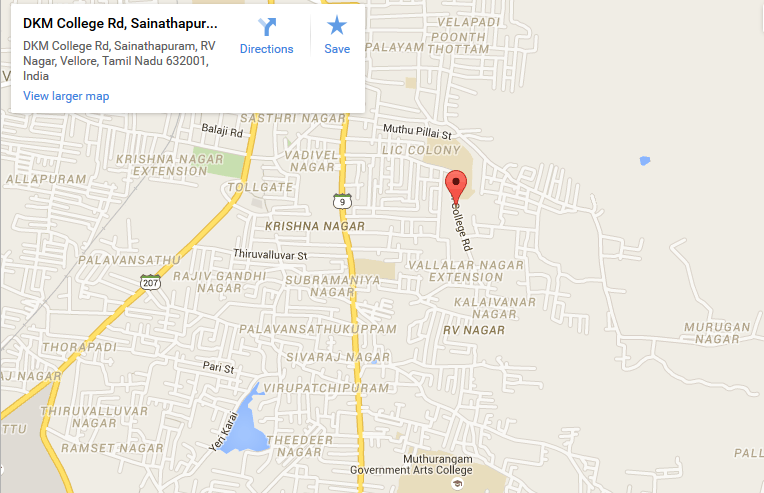[accordions id=”10628″]

D.K.M College For Women
( AUTONOMOUS )
Vellore - 1
Affiliated To Thiruvalluvar University
Accredited by NAAC with 'A' Grade with a CGPA of 3.22 out of 4 in the 4th Cycle
Admission Help Line Numbers
Aided - 0416-2903691 / 7010308218
Unaided - 94433 41270 / 9489537911





